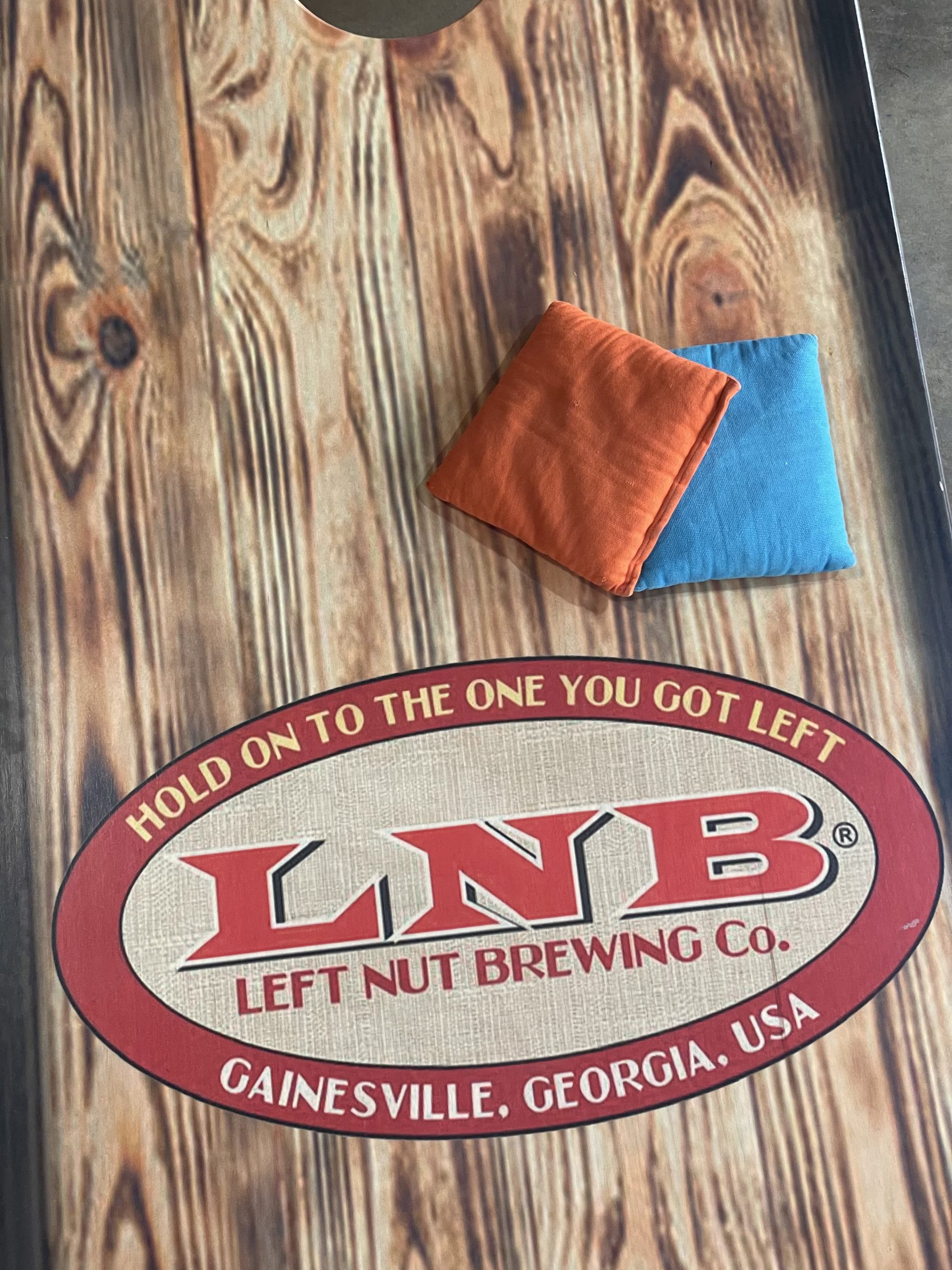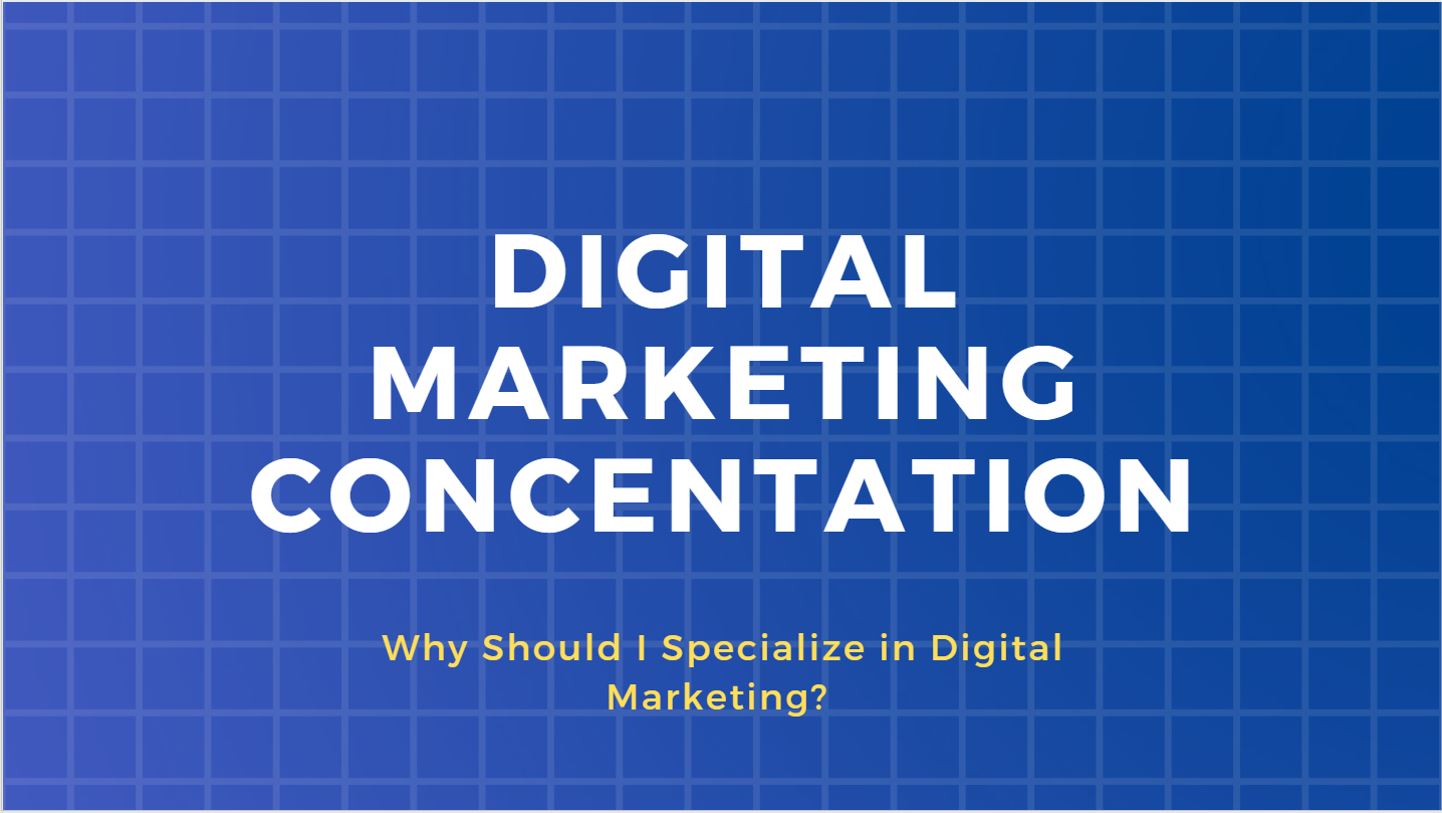
Want to impress all of your friends by becoming a cornhole champion? We’ve scoured the web and included our own tips to come up with our top 5 tips and tricks to ace the game of cornhole. Read on to become the cornhole champion you are meant to be!

#1 – Make sure that you practice with the standard distances
The standard distance between cornhole boards should be 27 feet between the front of one board to the front of the other board. Practicing with the actual distance ensures that you don’t practice with too much or too little distance.
#2 – Practice throwing the bag with an arc formation
Throwing the bag in an arc (as opposed to throwing the bag in a straight line) formation can help the bag to land more firmly on the cornhole board. When the bag is thrown straight at the board, it is much more likely to slide off the board which will result in no points.
#3 – Relax!
While this tip might seem like a no-brainer, you would be amazed at the impact that relaxing can have on your cornhole performance. When your muscles are tense, you are more likely to throw the bag wide. When you relax, you are able to aim with much more precision.
#4 – Understand how to keep score before you go
Understanding how to keep score beforehand will not only show people you understand the game, but it will also show your competitors that you are not messing around! If you don’t understand how to keep score, don’t worry, this post will tell you what you need to know.
The goal of the game is to get to 21 points.
How to get points:
- Throwing the bag through the hole: 3 points
- Landing the bag on the board: 1 point
If a bag hits the ground before it lands on the board or through the hole, it will not count at all; bags that miss the board entirely also do not count.
However, cornhole uses cancellation scoring which means at the end of each round, you subtract the lower score from the higher score. So, if Team 1 got 5 points and Team 2 got 3 points, you would subtract 5-3=2. The points at the end of that round would be Team 1 = 2 points and Team 2 = 0 points.
Some players play by the rule that you have to hit 21 exactly or your score reverses back to 11. However, this is not always the case, so make sure you and your opponents agree on a method before starting the game.
#5 – Have fun!
At the end of the day, as long as you are having fun with your friends and family, you are already a winner! So, brush up on your cornhole skills and come by Left Nut Brewery to compete in our next cornhole tournament!
Go to our website or follow our social media accounts to keep up with all of our upcoming tournaments and events.
https://www.leftnutbrewing.com/
Facebook: Left Nut Brewing
Instagram: @leftnutbrewing

Sources:
- https://www.cornholeamerica.com/pages/cornhole-rules
- https://www.thrillist.com/drink/nation/how-to-play-cornhole-grillist
- https://www.esquire.com/lifestyle/health/how-to/a22660/how-to-play-cornhole/
- https://protips.dickssportinggoods.com/sports-and-activities/family-fun/how-to-play-cornhole-rules-tips-more


